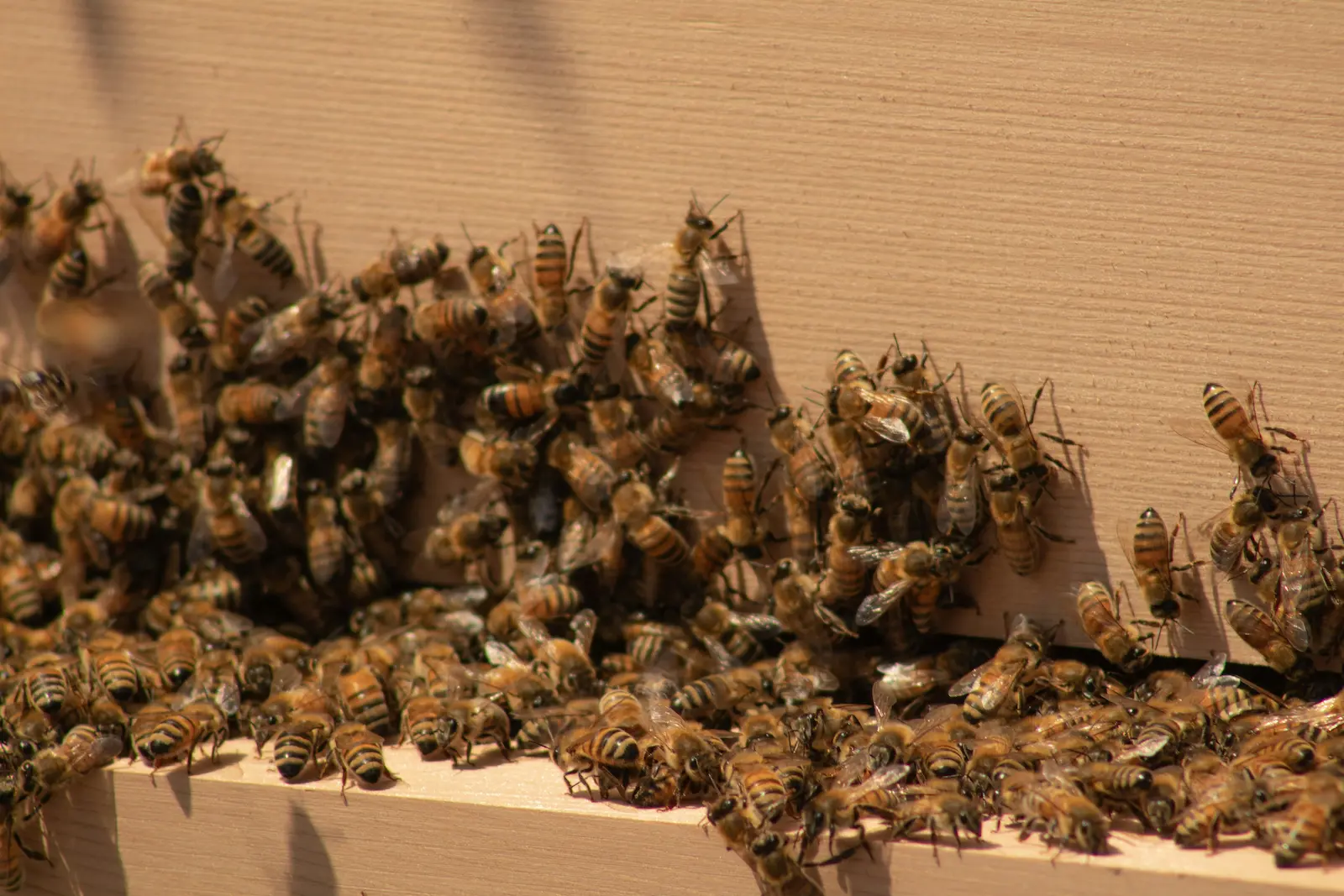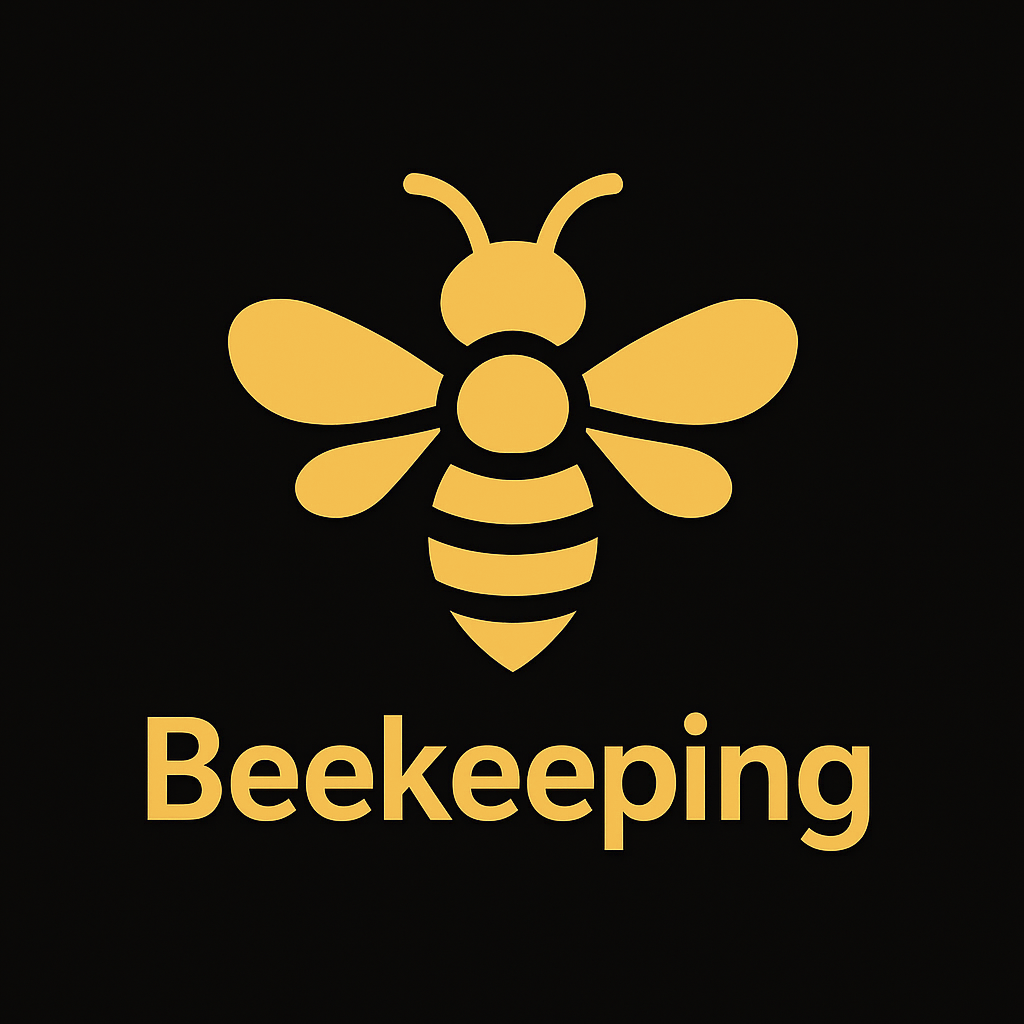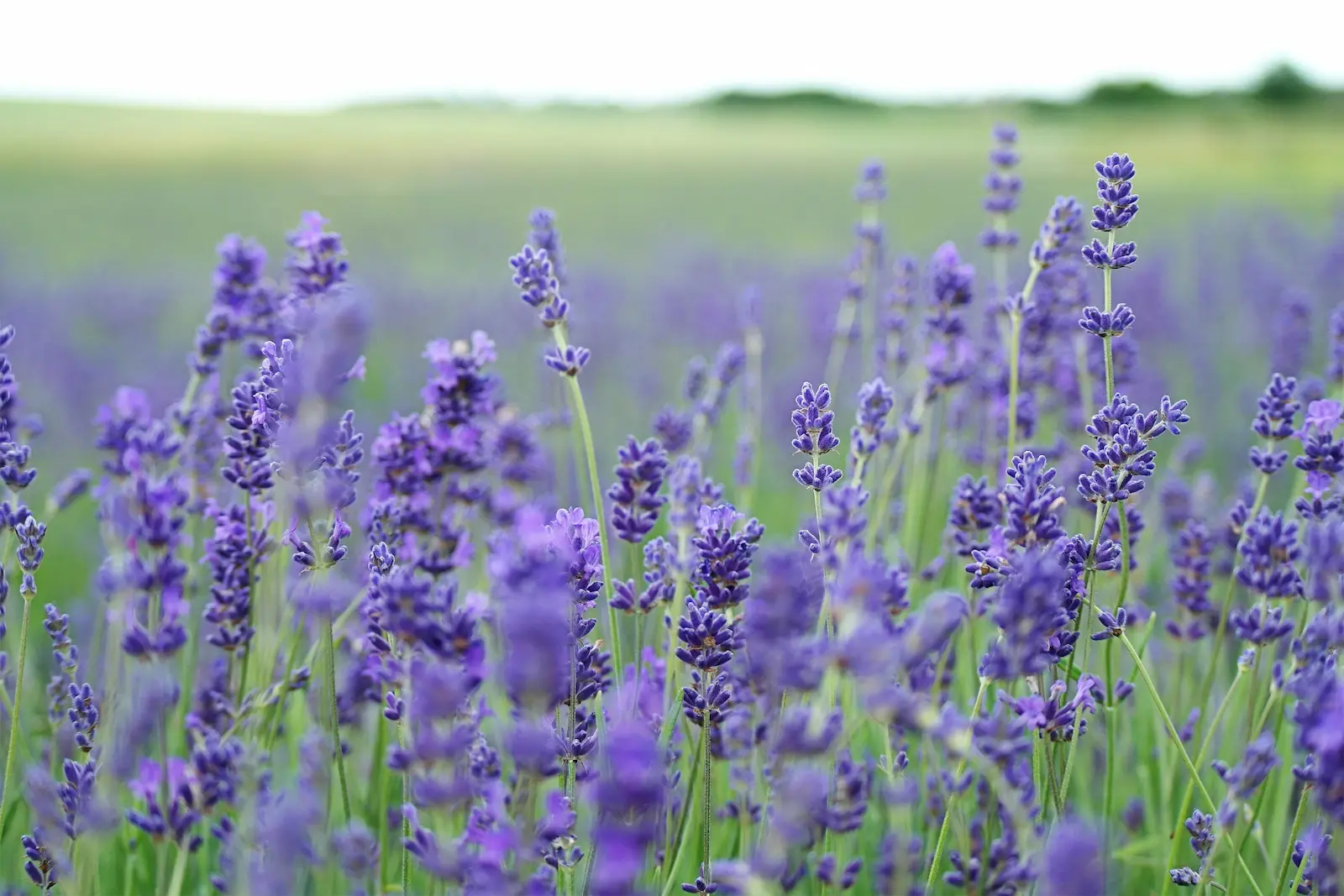How to Help the Bees in the UK
Bees and other pollinators are part of the everyday landscape in the UK – in gardens, parks, allotments, field margins and city balconies. When people talk about “saving the bees”, they are really talking about giving these insects what they need to thrive: food, water, shelter and fewer hazards. The good news is that almost everyone can help, whether or not you ever keep a hive yourself.
Why Bees Matter

Bees are best known for making honey, but their wider role is much larger. Honey bees, bumblebees and solitary bees pollinate many of the crops we rely on, along with garden plants and wildflowers. Without enough pollinators, we would see fewer fruits, seeds and berries, and the food web that supports birds and other wildlife would be weaker.
In the UK, bees and other insects help pollinate apples, pears, strawberries, oilseed rape, beans and many more. In gardens they bring life to borders, hedges, allotments and pots. The pollination page on this site explains this in more detail, but the key idea is simple: healthy pollinators mean healthier ecosystems.
Honey bee colonies also give us a window into wider environmental change. When nectar flows are disrupted, or weather is extreme, beekeepers see the effects directly through hive weights, behaviour and harvests. That is one reason why responsible beekeeping and good hive management matter as part of helping bees.
Main Threats to Bees and Pollinators
There is no single cause behind pollinator decline. Instead, bees face a mix of pressures that add up over time. Understanding these helps us choose practical, positive actions.
- Habitat loss: fewer hedgerows, wildflower meadows and flowering field margins mean fewer places to feed and nest.
- Reduced flower diversity: landscapes dominated by a small number of crops or ornamental plants can leave big gaps in forage through the year.
- Pesticides and pollution: insecticides, some fungicides and other chemicals can harm bees directly or indirectly.
- Pests and diseases: pests like varroa mite and diseases affecting honey bees, alongside pressures on wild bees, add another layer of stress. See the Bee Diseases and Pests section for more detail.
- Climate change: changes in weather patterns and flowering times can uncouple bees from the plants they depend on.
The rest of this page focuses on what you can do in response – at home, in your street and through the choices you make.
Helping Bees in Gardens, Balconies and Small Spaces
You do not need a large garden to make a difference. Many of the most effective ways to help the bees in the UK are simple, low cost changes that fit around normal life.
Top Actions You Can Take at Home
-
Grow nectar-rich flowers
Choose single, open blooms and aim for colour from early spring to late autumn. See the Bee Gardening guide for planting ideas. - Avoid insecticides
Reduce or eliminate chemical sprays. Healthy soil, mixed planting and natural predators usually keep pests in check. - Provide a safe water source
A shallow dish with stones or marbles gives bees a place to drink without drowning. Refresh regularly. - Create wild corners & nesting spots
Leave patches of longer grass, leaf piles, old stems or logs to support bumblebees and solitary bees, not just honey bees. - Support bees in small spaces
Balconies, patios and window boxes can still offer nectar using lavender, herbs and trailing plants. - Think beyond honey bees
Most UK bee species are wild. Provide habitat variety to help mining bees, mason bees and leafcutters thrive.
Example Bee Friendly Actions
- Let part of the lawn flower
- Plant native wildflowers
- Grow herbs for bees
- Leave seed heads over winter
- Use peat free compost
- Collect rainwater where possible
If you also keep hives, linking what you see in the garden with your year in the apiary and hive management records gives a clearer picture of local forage.
Community and Local Projects That Help Bees
Individual gardens are powerful, but many of the biggest gains come when neighbours, schools, community groups and councils pull in the same direction. You do not need to run a campaign – simply asking constructive questions and offering help can start change.
Schools & Youth Groups
Pollinator friendly planting in school grounds, herb beds, bug hotels and simple monitoring projects can all raise awareness. Linking to local beekeeping associations can provide talks or demonstrations.
Verges & Public Spaces
Some councils already adjust mowing regimes and planting schemes to support pollinators. Asking about “pollinator friendly” or “bee friendly” management, in a respectful way, can help keep this on the agenda.
Allotments & Community Gardens
Shared spaces are ideal for mixed planting – food crops, flowers and hedges side by side. Simple rules about pesticide use, water and habitat can benefit everyone who grows there.
Local Beekeeping Associations
Associations not only support beekeepers but often play a wider role in education and swarm collection. Supporting their work, attending events or sharing reliable links from sites like BeezKnees helps accurate information spread.
Reporting Swarms Responsibly
Seeing a swarm can be alarming if you are not used to bees, but swarming is a natural way for honey bee colonies to reproduce. The key is to make sure swarms are collected safely and, where appropriate, rehomed by experienced beekeepers.
The Report a Swarm page explains what to look for, what information to provide and how to contact the right people. In the UK, many beekeeping associations and the British Beekeepers Association offer online swarm collection contact lists.
If you are not sure whether what you are seeing is a honey bee swarm, take a clear photo from a safe distance and use trusted identification guides or seek advice before taking action.
Supporting Beekeepers and Local Honey
Well managed honey bee colonies can act as ambassadors for pollinators, helping people engage with wider nature issues. Responsible beekeepers invest time and money in hive management, hygiene, varroa management and education.
Buying local honey, attending association open days, or supporting projects that improve forage all contribute to that work. If you are considering becoming a beekeeper yourself, the Getting Started and Equipment pages are good places to begin.
Digital tools such as the HiveTag web app can help beekeepers keep better records and make informed decisions, which in turn supports bee health.
Bee Safe Pest Control and Climate Change Considerations
Some pest and weed problems do need managing, but many traditional approaches can harm bees and other wildlife. The aim is to reduce risk without ignoring genuine issues.
Safer Approaches to Pest and Weed Control
- Use hand weeding, mulching and hoeing instead of blanket weedkillers.
- Tolerate some imperfect leaves – a few nibbles are part of a healthy garden food web.
- If you must use a product, read the label carefully, avoid flowering plants and never spray when bees are actively foraging.
Climate Change and Bees
As UK weather patterns shift, bees may encounter more frequent extremes – sudden cold snaps, heavy rain, long dry spells. You can help by:
- Planting a wider range of species so some will cope with each year.
- Using mulch and collected rainwater to buffer dry spells.
- Creating sheltered spots where insects can rest and recover during bad weather.
For beekeepers, linking inspection notes and forage observations with weather patterns – whether on paper or in tools like HiveTag – can make it easier to adapt hive management to changing conditions.
Frequently Asked Questions – Help the Bees
These questions reflect common searches such as “how can I help the bees UK”, “do I need to keep bees to save them” and “do small gardens help bees”.
- Do I have to become a beekeeper to help bees?
No. Most people can do more good by improving habitats than by keeping their own hive. You can still support beekeepers and learn about honey bees without taking on that responsibility yourself. - Are wild bees more important than honey bees?
Both groups matter. Wild bees provide much of the pollination in natural habitats, while honey bees are important in some crops and give us a closer look at environmental change. Helping one group often helps the other. - Can I help bees if I only have a balcony or window box?
Yes. A few well chosen plants, a small water dish and some shelter from wind can turn even a balcony into useful habitat. Think vertical – rails, walls and hanging baskets all count. - Are seed bombs and “bee mixes” always a good idea?
They can be helpful in the right place, but they are not a magic fix. Checking what species they contain and whether they suit your soil is more important than the name on the packet. Avoid sowing over existing rich wild plant communities. - What should I do if I find bees nesting in my garden?
Many ground or cavity nesting bees are solitary and harmless. Often the best response is to leave them alone and enjoy watching them. If you are unsure, seek identification advice before trying to move them. - Do bee hotels really work?
Good quality bee hotels in the right position can help some species, but they need maintenance and renewal. Combining them with natural nesting features such as dead wood and bare banks is more effective. - Is leaving part of the lawn unmown actually helpful?
Yes, allowing clover, selfheal and other small flowers to bloom gives bees extra forage, especially in more built up areas. Even a “no mow May” patch or relaxed edges can help. - How can I talk to neighbours or councils about helping bees?
Focusing on shared benefits – attractive planting, reduced mowing costs, more wildlife – often works better than arguments. Pointing to practical examples and reliable resources can also help keep the conversation constructive. -
Where can I learn more about honey bee biology?
The Honeybee Facts and behaviour sections on this site offer an accessible introduction. Local beekeeping associations often run taster days and beginner courses too. -
How can I donate to support bees?
If you would like to support the work behind BeezKnees and related projects, visit the Donate page. Supporting reputable conservation organisations and local projects is another good option.

